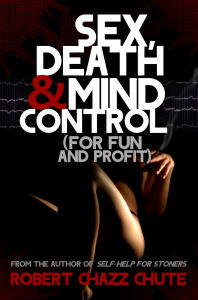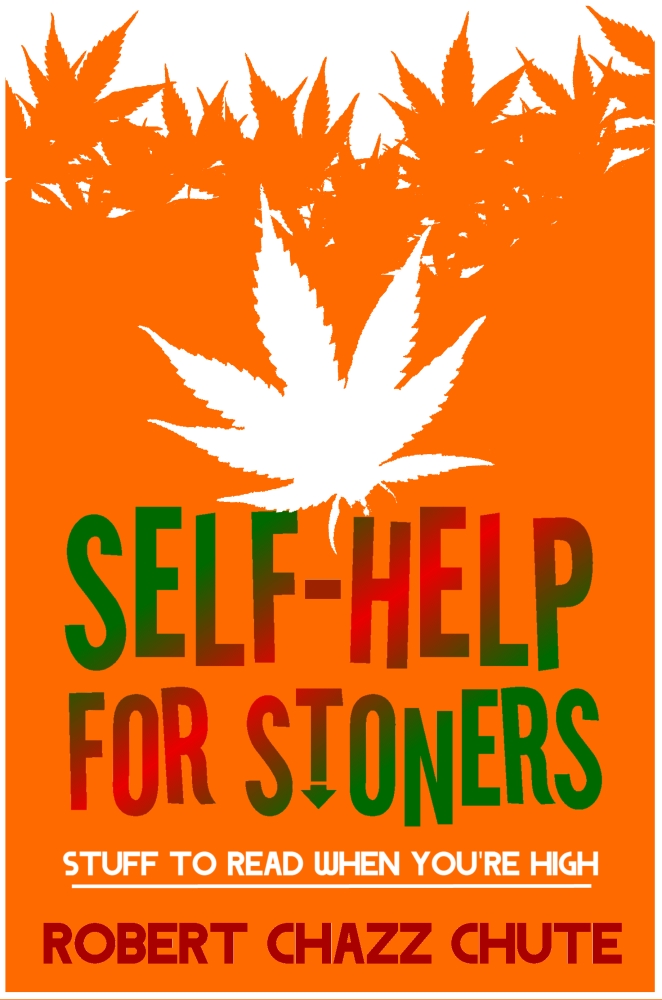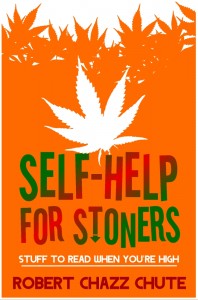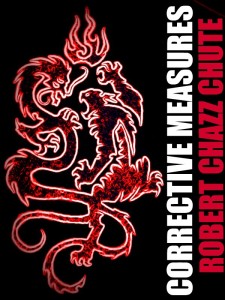Kevin Smith highs and lows from me, The Big Fat Loser.
Spartan? Follow me @THECHAZZSAYS & I’ll lead the attack.
Love & rockets? expartepress at gmail dot com
Rave about the show on iTunes. Rant at your cat.
Leave happy book reviews on Amazon or Smashwords.

Buy the books by Robert Chazz Chute. Or I shoot another hostage in the frenulum.
If you have pathetic writing aspirations, too, visit with me at ChazzWrites.com.
Are you still using a cable to download from iTunes and letting all that free entertainment take up room on your magic podcast listening device? That’s crazy talk! Download the Stitcher app for free and, when you enter the promo code SELFHELPSTONERS, you’ll be entered into the draw for a chance to win a $100 cash card!
Help a family fight cancer and get rewarded for your generosity with indie authors’ books and services!
Check out the IndieGoGo fundraiser for Joshua here.




